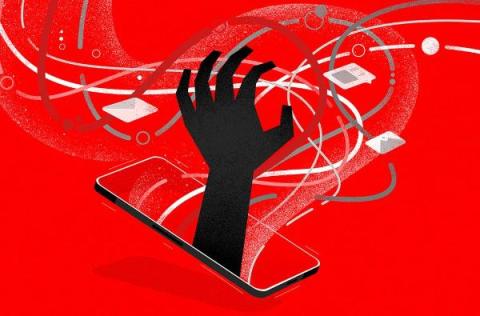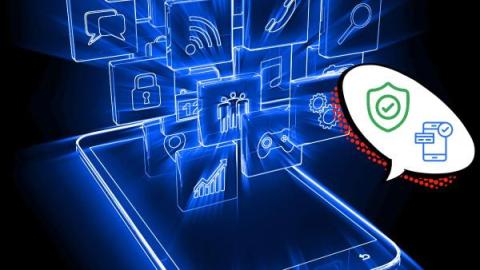Protecting Users from Malicious Sites with Falcon for Mobile
Today, mobile devices are ubiquitous within enterprise environments. But with their proliferation, it provides adversaries with yet another attack surface with which they can target users and cause a breach. From phishing attacks to malicious apps, mobile users tend to let their guard down and potentially click on obfuscated links to malicious sites. Falcon for Mobile protects users by preventing connections to malicious sites on both iOS and Android devices.











